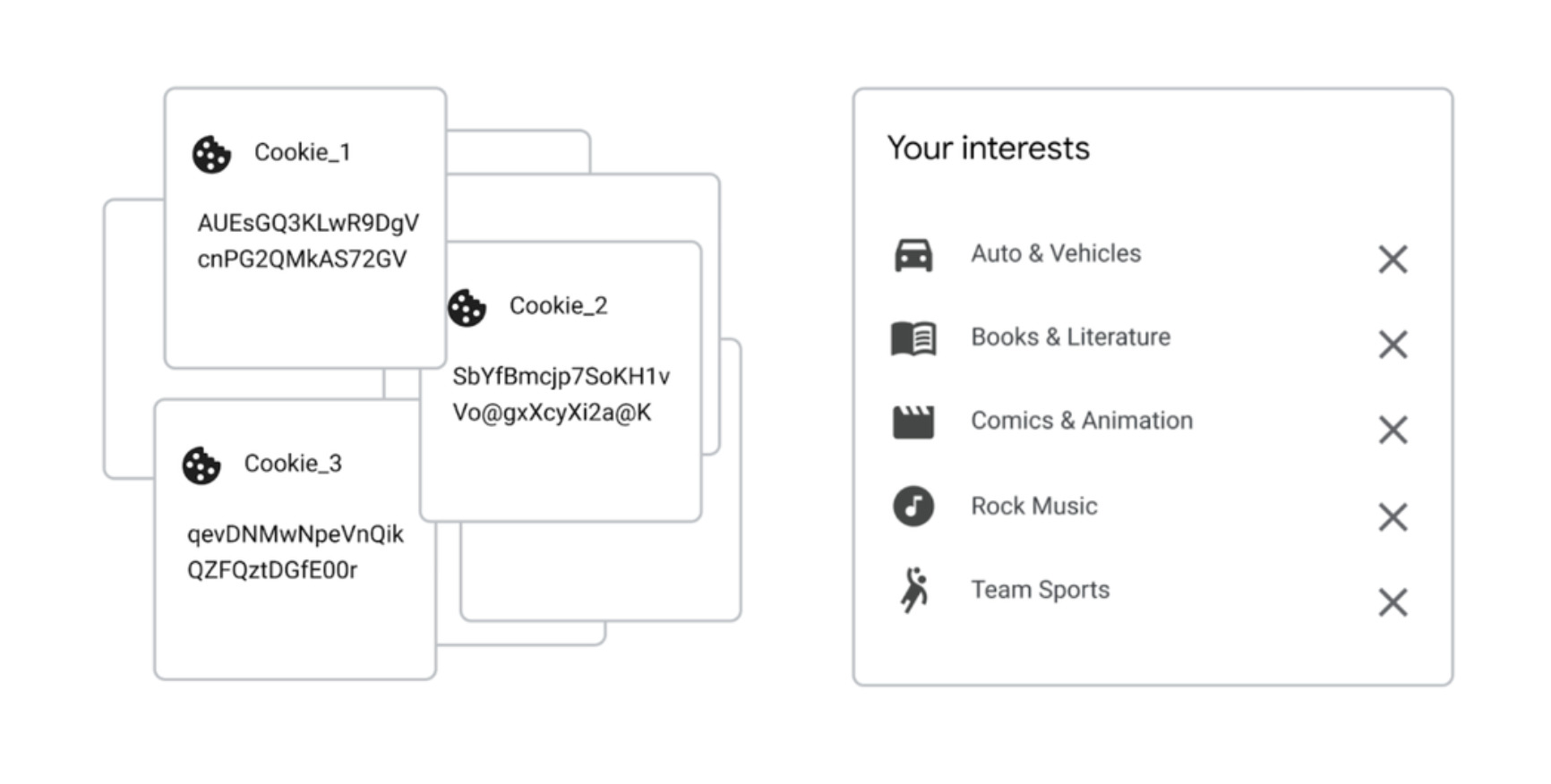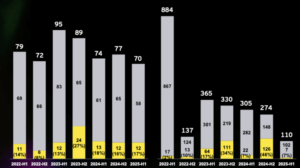The Topics API: Google introduces new replacement for cookies

How will online advertising work in the future and how can advertisers recognize internet users in order to show them personalized ads? The end of the cookie era has been predicted for a long time, and with the end of advertising cookies in Google’s Chrome browser in 2023, the end of tracking as it is standard today seems to be sealed.
But what comes after that? Google, by far the market leader in online advertising for many years, first pursued the controversial FloC (Federated Learning of Cohort) model. But this is also dead after criticism. At the same time, Google is now around the corner with a new project that goes by the name of Topics and has now been presented by Google developers on GitHub.
Google Drops User Tracking after Phasing Out Third-Party Cookies
“Topics was informed by our learning and widespread community feedback from our earlier FLoC trials, and replaces our FLoC proposal,” said senior Google official Vinay Goel. The basic idea: Users are assigned to 300 different topic groups (“topics”) based on the websites they visit. This is to guarantee that users can no longer be targeted at an individual level, but only as part of a group.
Storage only for 3 weeks
Topics are selected entirely on your device without involving any external servers, including Google servers. When you visit a participating site, Topics picks just three topics, one topic from each of the past three weeks, to share with the site and its advertising partners. Topics enables browsers to give you meaningful transparency and control over this data, and in Chrome, we’re building user controls that let you see the topics, remove any you don’t like, or disable the feature completely,” stated Google. “More importantly, topics are thoughtfully curated to exclude sensitive categories, such as gender or race.”

Originally, Google wanted to bring an alternative to cookie tracking in response to stricter data protection, especially in the EU and had just presented FLoC. Only: Data protectionists and civil rights activists such as the Electronic Frontier Foundation (EFF) were not at all positive about the new idea and finally described FloC 2021 as a “bad idea”. Alternatives to Chrome/Google such as Vivaldi, Brave, or DuckDuckGo were sharply criticized and did not want to support FloC.
France: Google pays €220m fine over online advertising practices
Now Google is burying FloC and bringing Topics into play. It remains to be seen how the new concept will be accepted. So not only developers who can already look at the code will have a say, but also regulatory authorities, data protection officers, and other media and advertising companies – after all, they should then nod off or use topics.






























